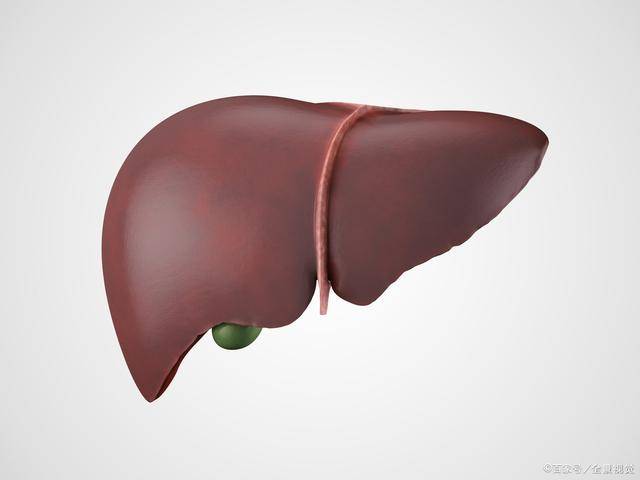Our feet are habitually used for walking, but there are many acupoints on our feet that are related to the internal organs, so problems related to the body can also be observed on the feet.
The liver is a relatively important organ in our body. If there are issues with the liver, it can lead to harmful substances and toxins not being broken down and processed in time, thus increasing the body’s burden. If you notice the following symptoms on your feet, it may indicate that the liver’s health is not optimistic, so please don’t ignore it.
When the liver is not in good condition, the feet can forewarn. If the feet do not show the following 3 symptoms, it may indicate that the liver is still in good condition:
Peeling on the soles of the feet.
Peeling on the soles of the feet may be considered a normal phenomenon by some people. If the air becomes dry, there may be a situation of excessive dead skin peeling on the soles of the feet.
In addition, if you pay great attention to caring for your feet, and soak them every night before sleeping, there should be no foot odor issues. If peeling on the soles of the feet is very severe over a period of time, it may indicate liver disease factors.
When you frequently experience peeling on the soles of the feet, do not assume it is due to dry air anymore; please go to the hospital for a liver check-up as soon as possible.
Normally, the color of our feet is pink. Even though the soles of the feet support the body’s weight, after soaking the feet at night, observe that the skin of the soles is still pink.
If you notice a yellowish color on the soles of the feet over time, it could also be a result of liver dysfunction. If bilirubin in the body is not metabolized in time, it may allow these components to return to the blood, causing the yellowing of the soles of the feet.
Whitening of the soles of the feet.
Usually, when the body experiences inflammation or anemia, it may be accompanied by whitening of the skin color.
As our feet have a red color, observing whitening of the feet over time could be a sign of liver damage. If this occurs, it may indicate the need to focus on liver health and please go to the hospital for a liver health check-up.
For those with not-so-healthy livers, they should incorporate liver care into their daily lives. Of course, diet is also crucial. If you don’t want liver disease to trouble you, it’s recommended to avoid the following foods to prevent overburdening the liver.
If you want to prevent liver disease, remove these 5 types of foods from your plate early, and even if you love them, watch what you eat:
High-protein foods.
Protein is an essential nutrient in our body. Adequate intake of protein in daily diet can provide sufficient nutrition and energy to the body’s internal organs, maintaining normal bodily functions.
However, foods high in protein, when consumed excessively, may not be well-absorbed by the body, which can potentially increase the burden on the body and liver. In severe cases, it may even pose a risk of developing fatty liver. Therefore, pay special attention to such foods in your daily diet.
Alcoholic beverages.
Alcohol has a certain stimulating effect. Regularly consuming large amounts of alcohol can increase the burden on the liver because when alcohol enters the body, it needs to be metabolized and broken down by the liver. So, control your alcohol intake in daily life.
In addition, pay special attention to foods containing alcohol and avoid excessive consumption to prevent further harm to the liver.
Spicy foods.
Spicy foods like hot pot, spicy hot pot, and spicy hot pot, fall into the category of spicy stimulant foods. Many young people have no resistance to such foods. While these foods can stimulate the appetite, consuming them regularly may further damage the body.
Due to the heavy seasoning of these foods and the presence of many stimulating ingredients, they can affect the normal function of the liver and increase the burden on the liver.
High-fat foods.
With changes in people’s lifestyles, foods like big fish and meat are no longer novel, and many middle-aged and elderly people enjoy eating such foods. While these foods may be delicious, they are relatively high in fat content. Frequent consumption can lead to weight gain.
Accumulation of a large amount of fat in the body, if not metabolized in time, can also increase the burden on the liver, leading to disrupted liver function. So, it’s advisable to control your intake of such foods.
High-sugar foods.
For individuals with poor liver function, it’s best not to consume too many high-sugar foods because excessive consumption of these foods can burden the liver, affecting normal metabolism. Over time, this may lead to blood sugar spikes. Therefore, to prevent burdening the liver and body, it is important to control your consumption of various sweet treats.


